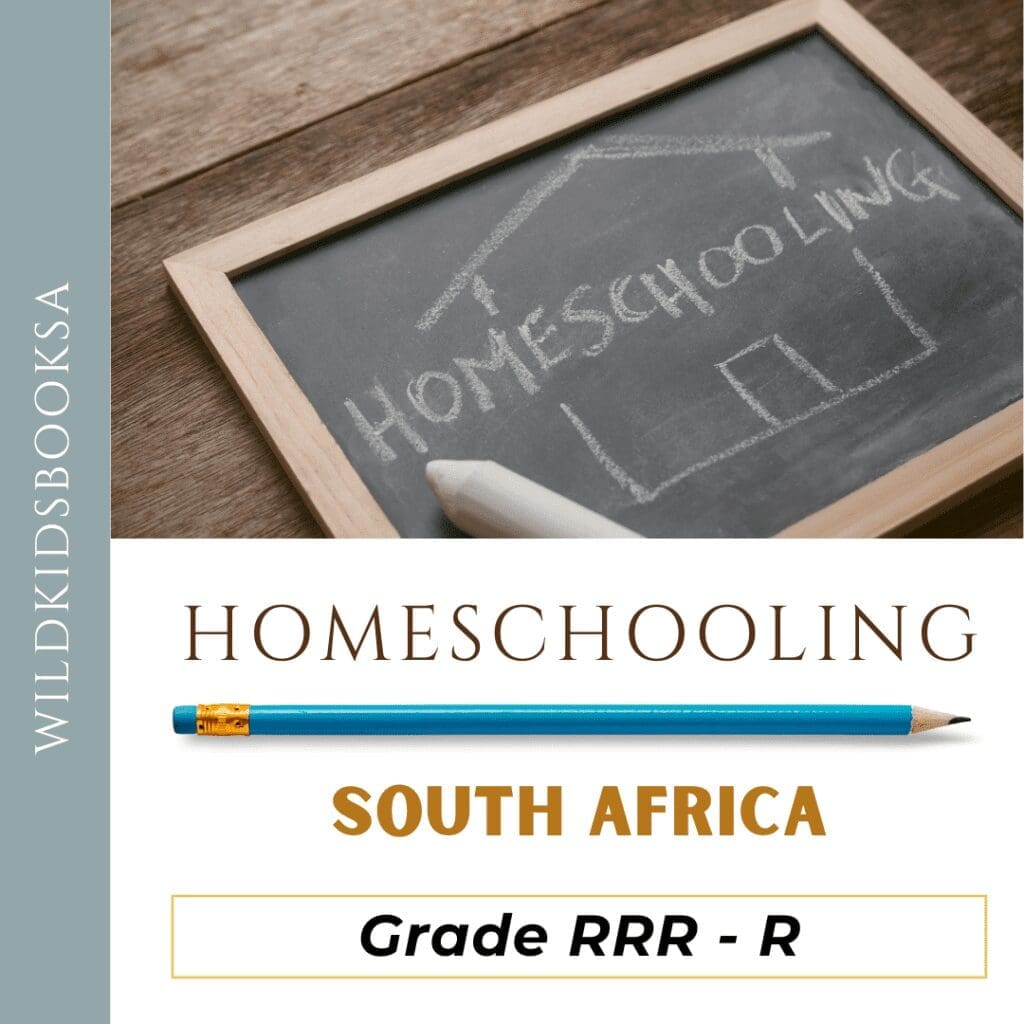
Homeschooling in South Africa : Grade RRR – R

At this age, formal education and worksheets can stifle creativity and enthusiasm. Instead, embracing a play-based, hands-on approach that encourages outdoor exploration, reading, and the development of fine motor skills can create a rich and engaging learning environment. No desks. No writing. No worksheets.
Here’s how to get started:
The Power of Play
Play is the cornerstone of learning for young children. Through play, they develop essential cognitive, social, and emotional skills. Whether it’s imaginative play, building with blocks, or engaging in simple games, each activity offers valuable learning experiences. Providing simple household items will suffice in igniting their imagination. There is no need to purchase ‘kiddie cleaning sets, cooking sets’ or any of that. Simple allow them to play with whatever is child-safe around the home. Building blocks, natural materials, like sticks and stones and a sandpit are perfect to encourage open-ended learning, problem-solving and fine-motor skills.
Outdoor Adventures
South Africa’s diverse landscapes provide the perfect backdrop for outdoor learning. Nature walks, trips to the beach, or even exploring your backyard can be incredibly educational. Travel if you can. You don’t have to go far or to expensive locations. Explore your local attractions and learn more about the area you live in. Go for a nature walk, go fishing, take them on a mini hike. Use these as opportunities to learn.
Reading Together
Reading to your child every day is one of the most effective ways to enhance their language and literacy skills. Choose a variety of books that include stories, rhymes, and informational texts. Relatable stories to keep them excited and engaged are a must! Wildkidsbooksa has a variety of book collections, specifically created for South African children.
Reading Tips:
Hands-On Learning
Children learn best by doing! Let them do things. Let them help, whether it is cleaning, doing washing, folding laundry, gardening, cooking, baking, whatever it is, include them. Hands-on activities that involve touching, manipulating, and experimenting can make abstract concepts tangible
Developing Fine Motor Skills
Fine motor skills are crucial for tasks like writing, buttoning clothes, and tying shoelaces (that they only need to learn once they are ready). Activities that involve using small muscles in the hands can enhance these skills.
My favourite fine-motor activities:
Homeschooling young children doesn’t need to be structured or rigid. By focusing on play, outdoor exploration, reading, hands-on activities, and fine motor skills, you can create a vibrant and dynamic learning environment. Remember, the goal is to nurture a lifelong love for learning through joyful and meaningful experiences. Play, play, play – and watch your children thrive!
Love
Kayleigh
Copyright 2021. All rights of Local is Always Lekker (PTY) Ltd remain reserved. Company Registration Number: 2021/814980/07. Maintained By Gosmic Designs & Development (PTY) Ltd and Charlie G Designs (PTY) Ltd.
Shop Times:
Wed – Sun
09:00 – 16:00
Holidays:
Times do change, please reach out.
Festive Times

Copyright 2021. All rights of Local is Always Lekker (PTY) Ltd remain reserved. Company Registration Number: 2021/814980/07. Maintained By Gosmic Designs & Development (PTY) Ltd and Charlie G Designs (PTY) Ltd.